Introduction
It can be very tempting to want to give your dog a bone, whether in the form of table scraps or an actual reward. But can dogs eat bones? Are they actually any good for them, or do they put their health at risk?
We’re answering these questions and more in today’s post, so keep on reading!
Are Bones Good for Dogs?
Not all bones are created equal. While they might contain most of the same ingredients, such as collagen and minerals from the actual bony tissues in them, some bones can be risky, and others can be safer.
In most cases, bones are not good for dogs. Besides commercially available bones, which are made to be safe for this species, you really don’t have a lot of options when it comes to this chewy treat.
Safe vs. unsafe bones
The best types of bones are raw beef bones and raw lamb bones.
These are different, and your dog will take a fairly long time to chew them up, but whenever you see that they have managed to damage the bone and it risks being split up into splinters, you should replace it.
Are bones bad for dogs’ teeth?
Yes. Whether raw or cooked, bones can indeed affect your dog’s oral health.
Tooth fractures can be very painful, and resolving them, whether by extraction or through another method, can be very expensive. So, by not giving your dog bones, you’re preventing both you and your pet from having quite a bit of a hard time.
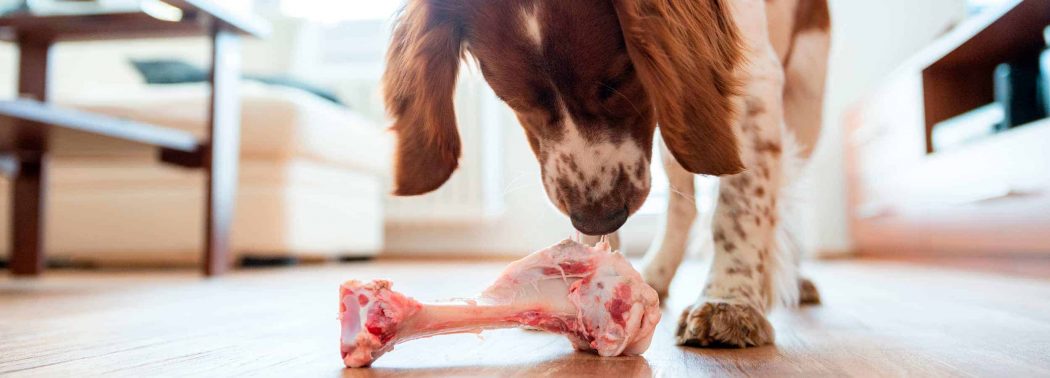
Are Bones Bad for Dogs?
It goes without saying that not all bones are equally bad, but the answer to this question is usually yes.
Giving your dog bones, and by that, we mean those that can’t be found in pet shops, is a risk that you can do without.
Bone splinters can not only hurt your dog’s mouth, but they can also get lodged in your pet’s throat or end up in the gut, where they can cause a hemorrhage (if they’re particularly sharp) or intestinal obstruction.
Here are some other risks you’re exposing your pet to when giving them bones.
Bacterial contamination
This is perhaps the most significant risk you are exposing your dog to. If you leave them to their own devices, dogs will definitely take the bones with them and carry them across the yard or hide them in all sorts of places.
The problem is that all of these places aren’t necessarily clean, and dogs don’t really care about cleanliness. By the end of several days, your pet might be playing with a microbiologically hazardous toy, not a bone.
So make sure that you either wash the bone and inspect it regularly (if it’s beginning to crack, replace it right away) or give your dog another treat.
Pancreatitis
This can be a risk that only pet owners whose dogs have previous pancreatic health issues have to deal with. Not all dogs develop pancreatitis after eating bones with marrow in them.
Most adults are fully capable of digesting the fats in the marrow without experiencing digestive distress or developing this health problem. However, it is not the same for seniors, diabetic dogs, and those with a known pancreatic medical history.
Rawhide bones dangers
As popular as these snacks might be, they are still somewhat dangerous. Some rawhides can come in contact with bacteria such as Salmonella, which can, of course, lead to a bad case of food poisoning.
Rawhide bones can also be broken down and turn into splinters, so they aren’t really safer compared to other types.
Dog Bone Splinter Symptoms
If your dog managed to swallow a splinter, there are a number of clinical signs that should alert you.
Upon noticing the following symptoms, you might try to perform the Heimlich maneuver (yes, one for dogs does exist, look it up online) or immediately take your dog to the vet.
- Coughing
- Gagging/vomiting
- Agitation
- Pacing around and whining
- Heavy breathing
- Excessive salivation
- Difficult defecation
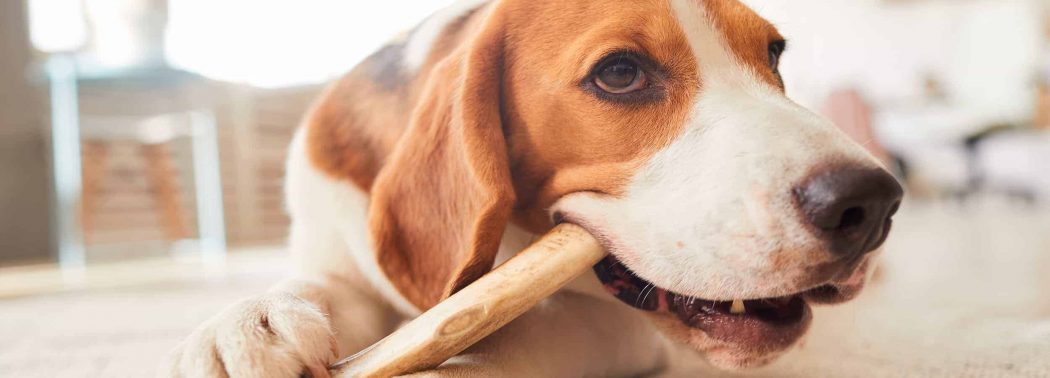
How to Prepare and Serve Bones to Your Dog
You do not have to do anything in particular if you choose the right type of bones. In fact, cooked bones are far more dangerous compared to their raw counterparts, so make sure to never give your pet cooked bones.
Stick to lamb and beef bones as they are the safest of all.
Another idea would be for you to use frozen raw bones for dogs. On a hot summer’s day, these can make a wonderful treat. Just make sure that the bone is large enough not to be broken by your dog’s teeth.
Frequently Asked Questions
Cooked chicken bones are extremely dangerous as they can cause splinters and can lead to the symptoms we’ve already noted above. The same goes for the raw variant, so you should steer clear of them altogether.
No. They are more likely to crack and splinter, so they can lead to a variety of health issues, such as punctures of the stomach or esophagus or intestinal obstruction.
No. Raw beef bones are better in every way because they’re not as soft, which means that dogs can’t crack them as easily.
No. Bones are particularly dangerous for small breeds as they can choke quite easily on them. Use only commercial or vet-approved treats in this case.
The answer to this question is also a no. While raw ribs are less dangerous, cooked ones will definitely turn into splinters.
Summary
So, can dogs eat bones? In general, no. If you do have to give your dog a treat, try to stick to raw bones. Avoid cooked bones of any kind, as they can put your pup’s health (or even life) in danger.
There’s always the option of you giving your dog bone broth, which is not only safe but also very healthy as it contains most of the same nutrients present in the bones.
Sources
- Bones: What no one tells you when they recommend feeding bones to your pet, Oak Flats Vet Clinic
- Evaluation of teeth injuries in Beagle dogs caused by autoclaved beef bones used as a chewing item to remove dental calculus, Caroline Fredrich Dourado Pinto et al, 2020
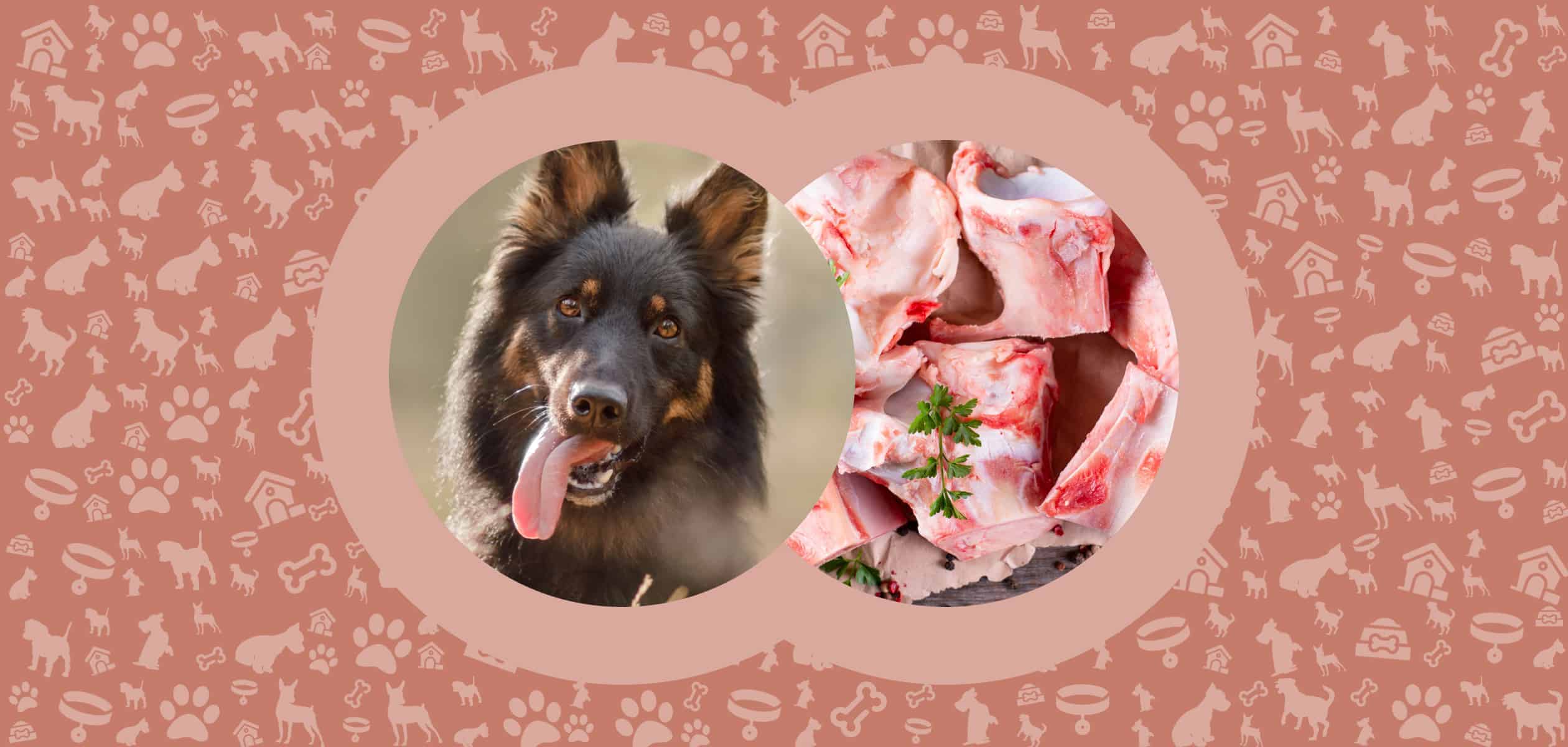
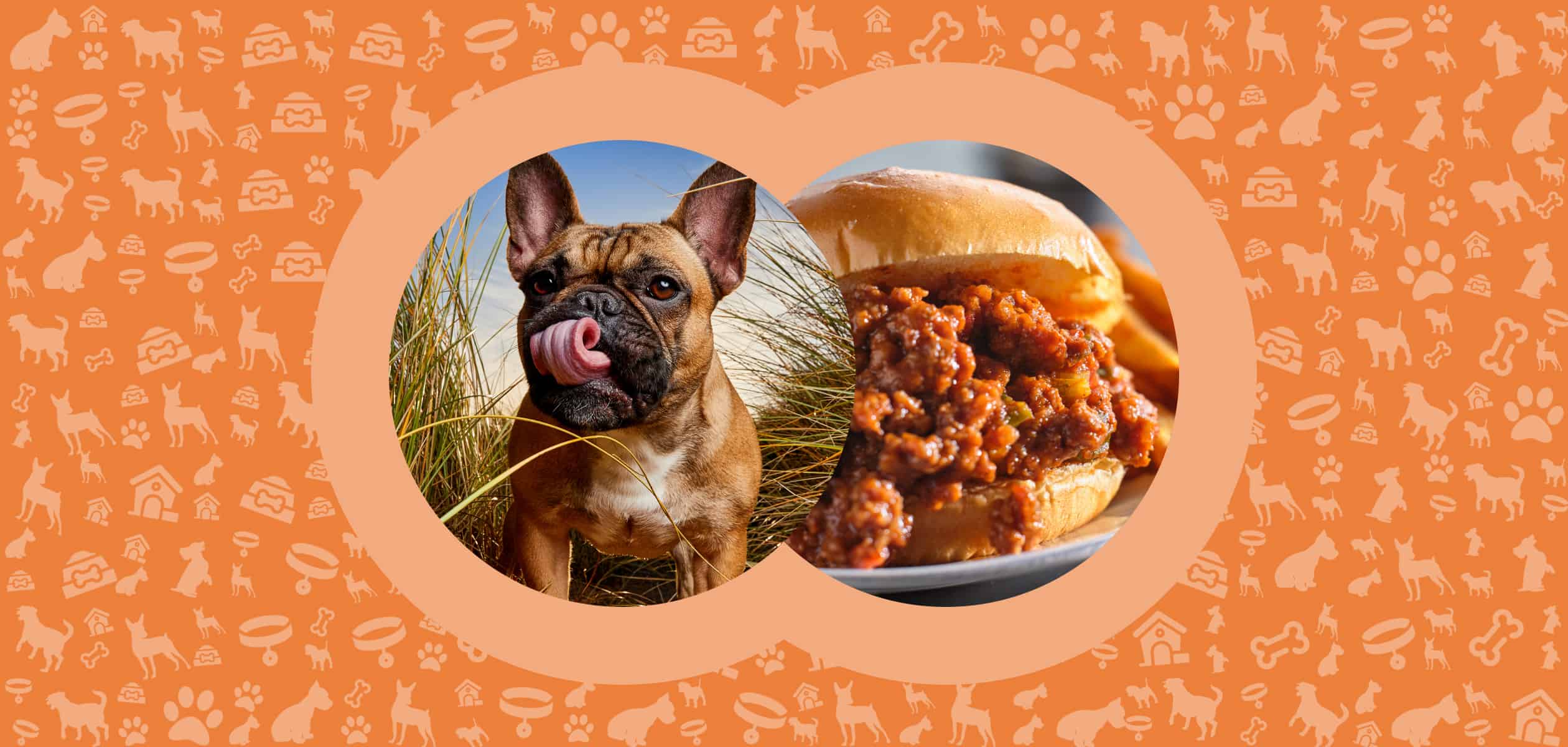
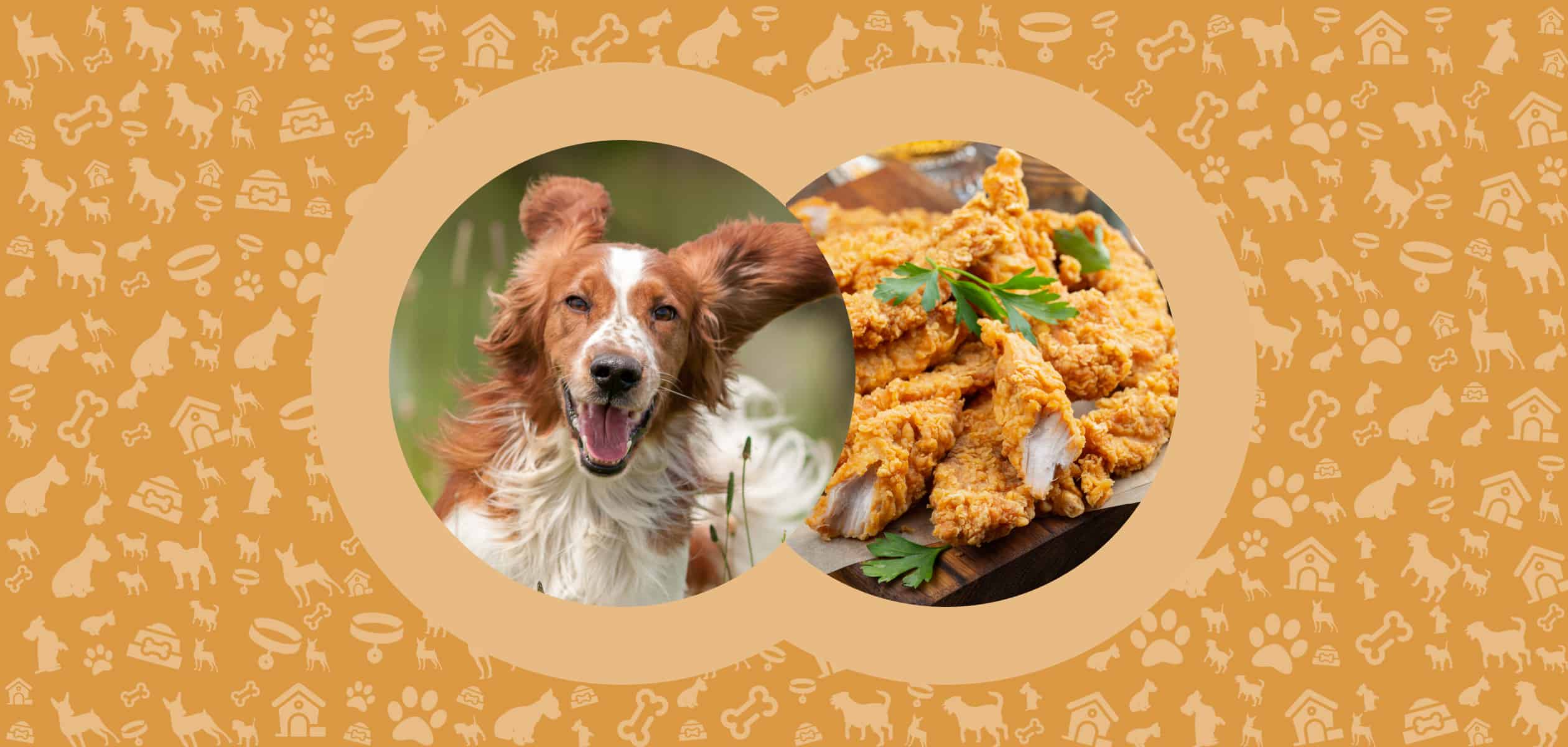
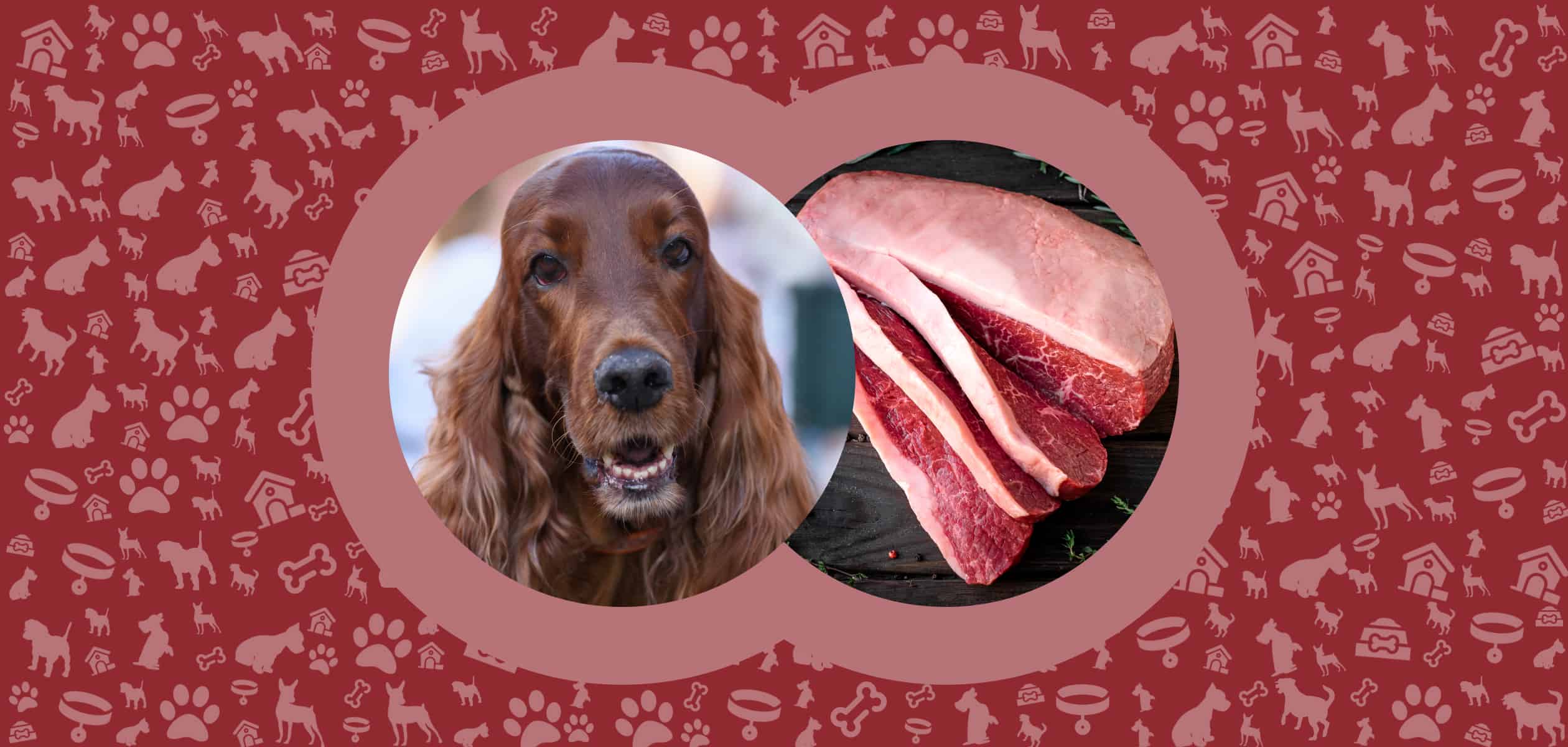
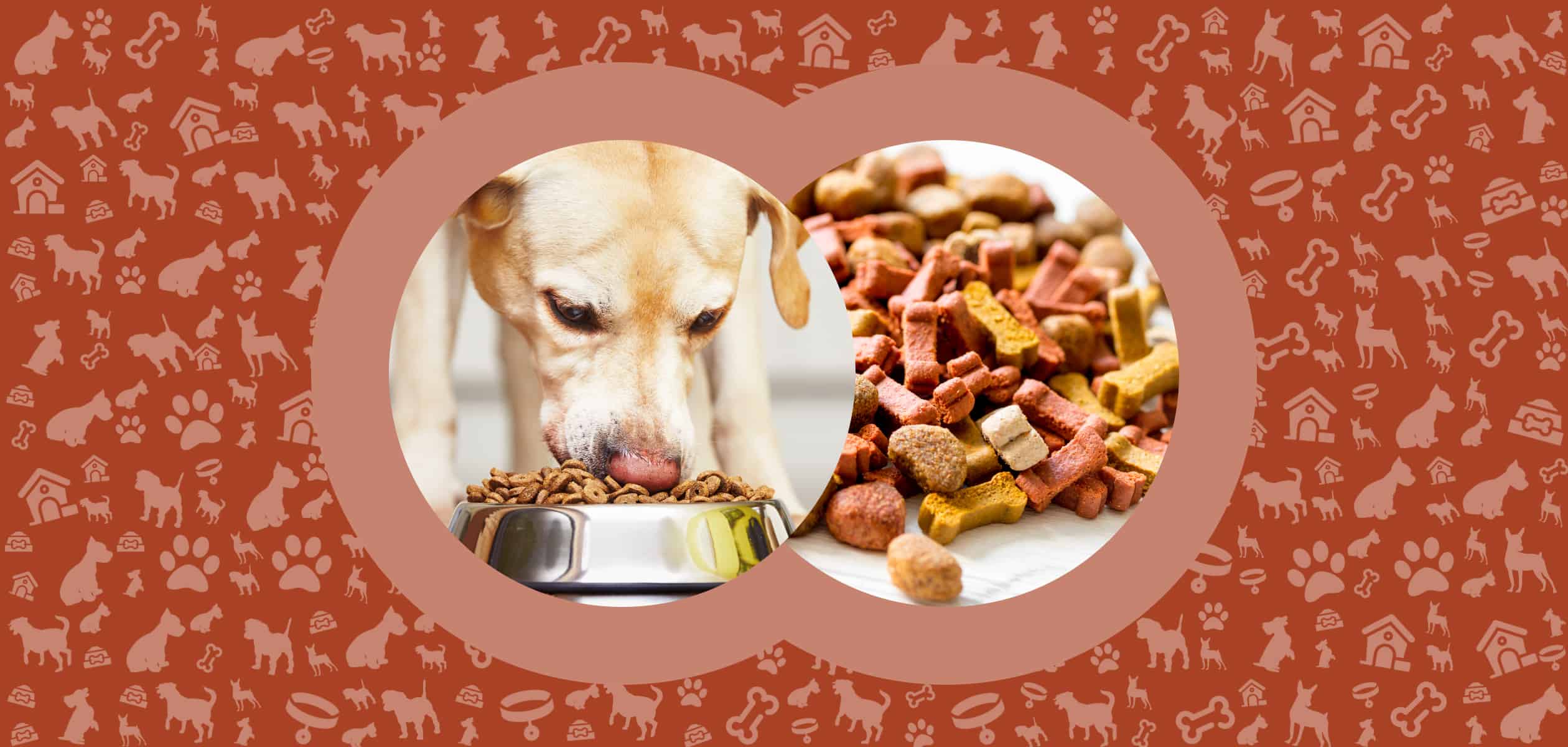
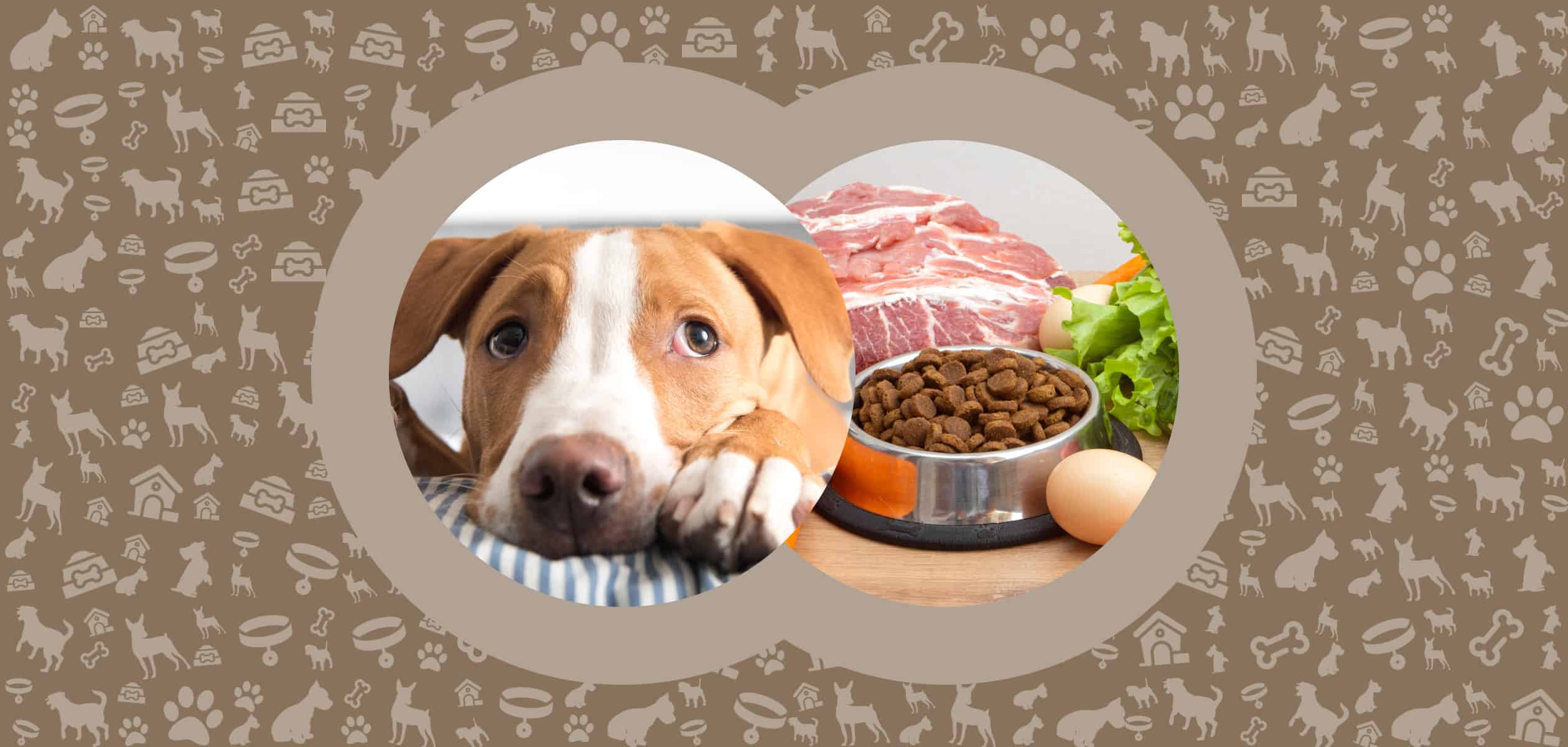
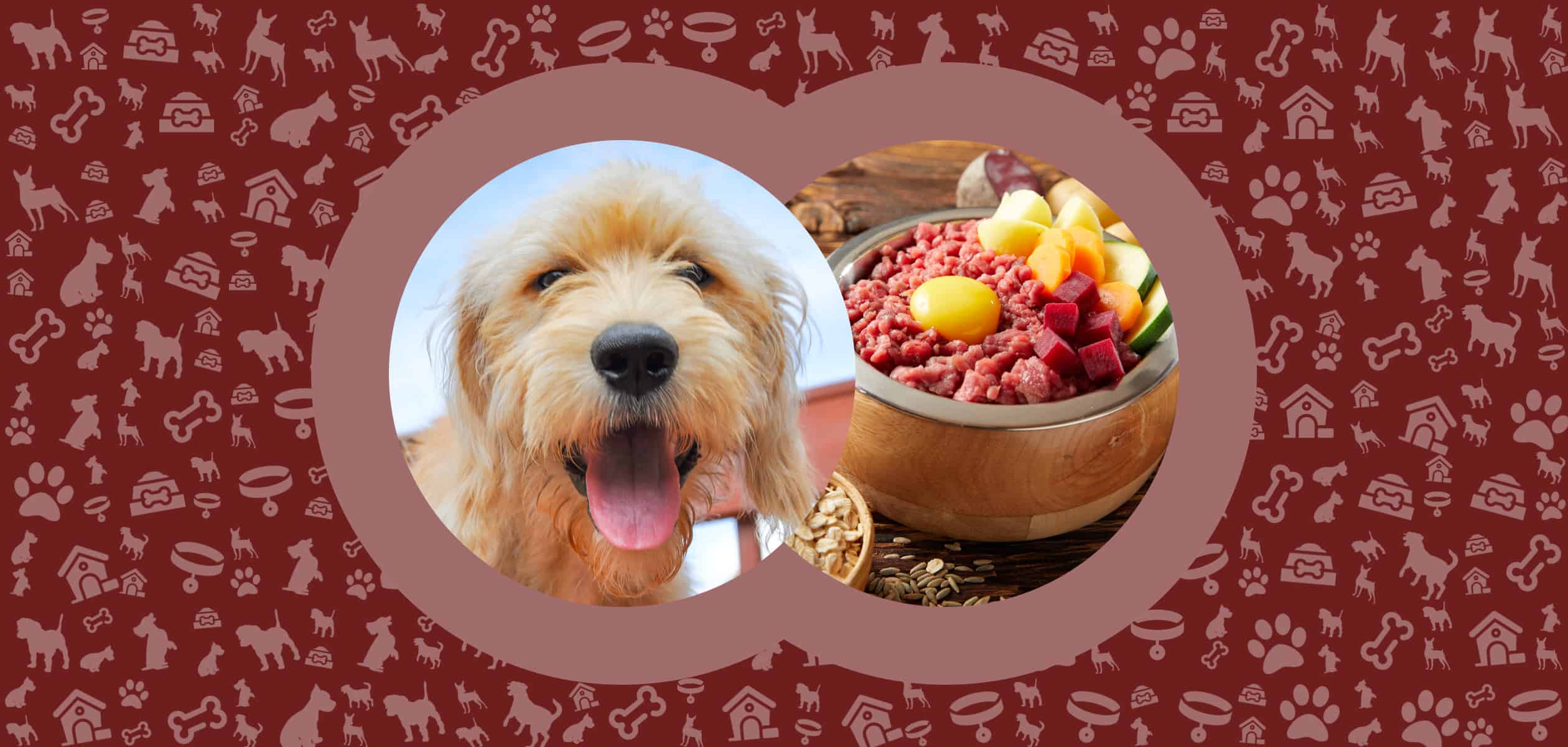
Leave a Comment